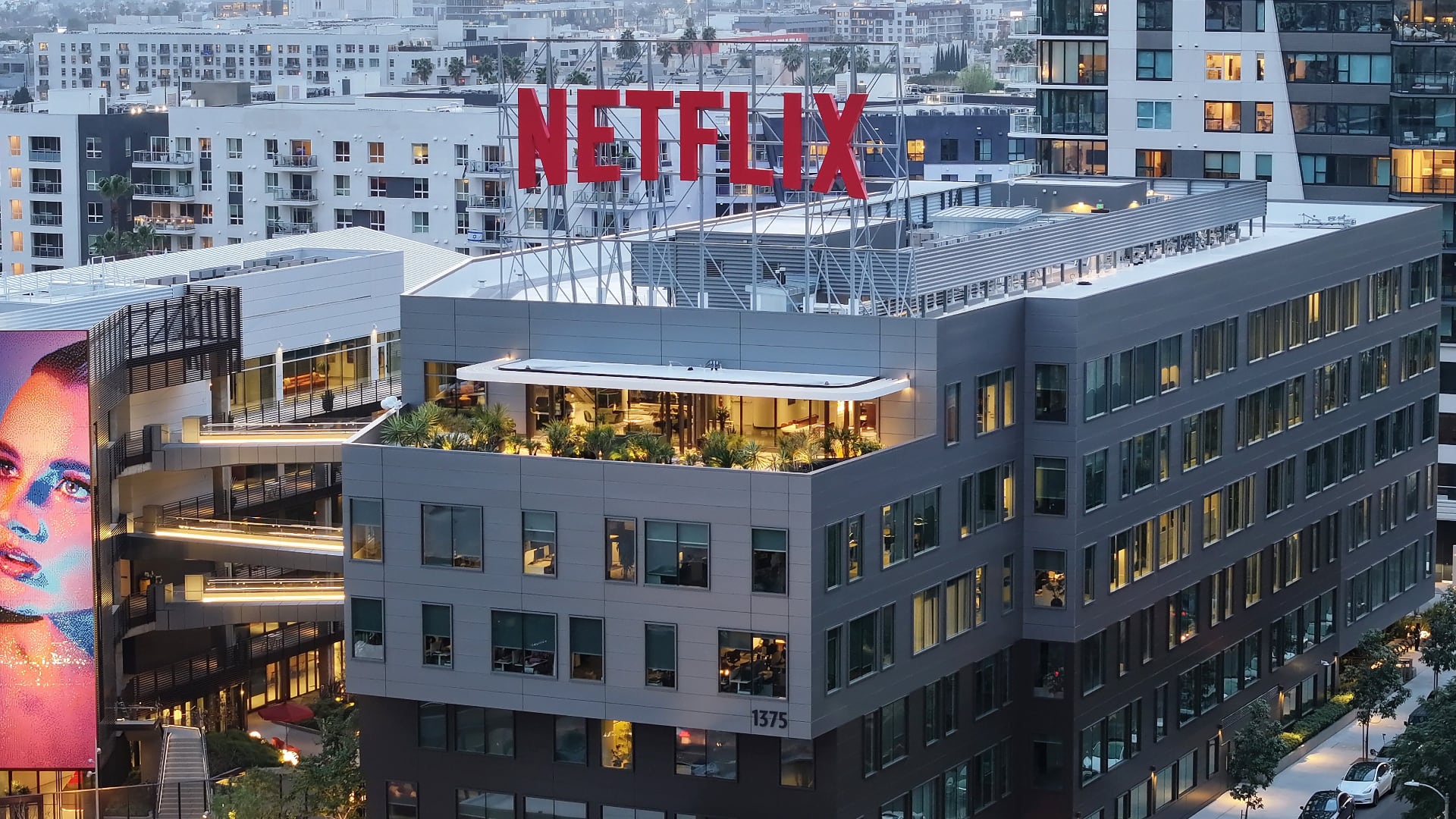*By Chloe Aiello* The U.S. stock market plunged on Tuesday ahead of the Thanksgiving holiday, mostly fueled by investors abandoning tech stocks. Following disappointing earnings, [declines in Target and select retailers](https://cheddar.com/videos/big-earnings-week-to-underscore-retail-haves-and-have-nots) pulled the retail sector and the markets lower still. The Dow Jones Industrial Average and S&P 500 erased their yearly gains in Tuesday morning trading. The Dow closed down 2.21 percent, a decline of about 550 points, at 24,465.64, while the S&P 500 closed about 1.8 percent down at 2,641.89. The Nasdaq Composite Index dropped 1.7 percent to 6,908.82 ー but still managed to stay positive year-to-date. Analysts suspect much of the selling can be attributed to concerns about the health of the U.S. and global economy and investor fears that the tech sector is overvalued. The gross domestic product in the world's third and fourth largest economies, Japan and Germany, have begun to contract, [The Wall Street Journal reported](https://blogs.wsj.com/economics/2018/11/14/real-time-economics-signs-of-trouble-for-the-global-economy/), even as China's economy shows signs of slowing ー and trade tensions between the China and the U.S. certainly aren't helping matters. "The global economy is slowing considerably, the U.S. economy is now slowing, so investors are concerned what's going to happen to earnings. If earnings begin to slow down, that could bode very poorly for the stock market," 50 Park Investments' CEO Adam Sarhan told Cheddar on Tuesday. Add to that mounting investor fears that the U.S.'s longest-running bull market is due for a correction and investor confidence has been shaken. "The market's been rallying for the last 10 years. Every bull market in history has a beginning and an end, so eventually, this bull market will top out and the bull market will end. And we're getting very close to that now," Sarhan added. Consider that companies can only grow so far, so fast, Sarhan said, meaning that companies, like Facebook ($FB) or Apple ($AAPL) ー which already have such high market saturation ー might turn their attention to re-engaging their current customer base, rather than attracting new ones. "It's a combination of a macro issue ー law of large averagesー for all these FAANG stocks and also a micro issue for each individual company to figure out how to re-engage audience and how to monetize their audience in other innovative ways," Sarhan said. The FAANG stocks ー Facebook ($FB), Amazon ($AMZN), Apple ($AAPL), Netflix ($NFLX), and Google parent Alphabet ($GOOGL) ー initially experienced some losses, but Amazon, Google, and Netflix were last up on the day. Facebook and Google both were negative on the year, adding to some $1 trillion in FAANG losses from recent highs. Facebook has faced consistent knocks to its reputation throughout the year, mostly concerning data mismanagement and foreign election interference on the platform. Apple hung onto yearly gains but continued its plunge on Tuesday, following Monday reports that it was slashing orders for certain new iPhone models, [The Wall Street Journal reported](https://www.wsj.com/articles/apple-suppliers-suffer-as-it-struggles-to-forecast-iphone-demand-1542618587?mod=hp_lead_pos2). Retail stocks, too, pulled markets lower. Target ($TGT) plunged as much as 12 percent on Tuesday, before closing down 10.5 percent. The retailer reported mixed earnings. Lowe's ($LOW) also tumbled 5.6 percent to close at $86.18 per share. L Brands ($LB), the parent company to brands like Victoria's Secret, closed down 17.7 percent on Tuesday, deepening its losses after a disappointing earnings report on Monday.












